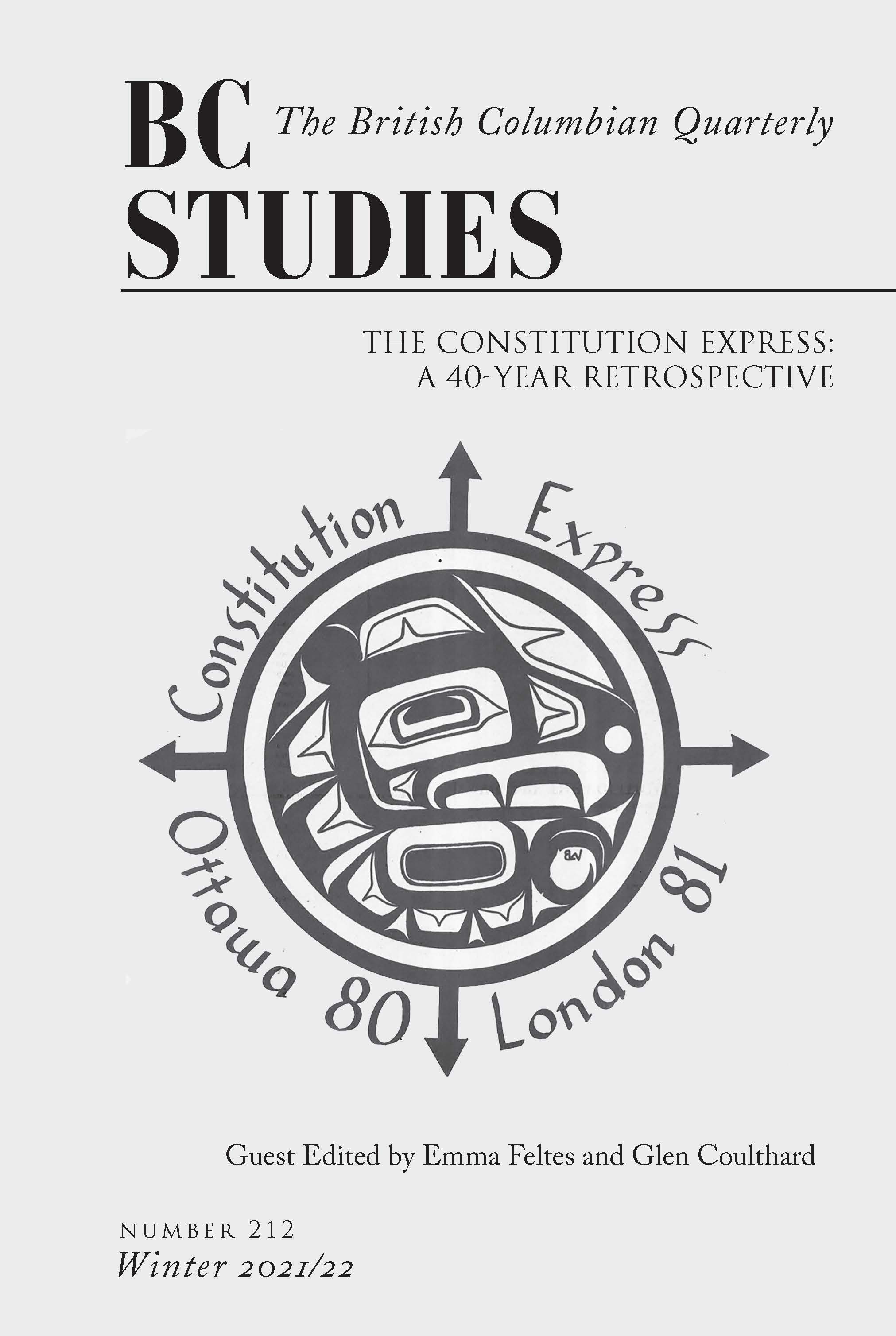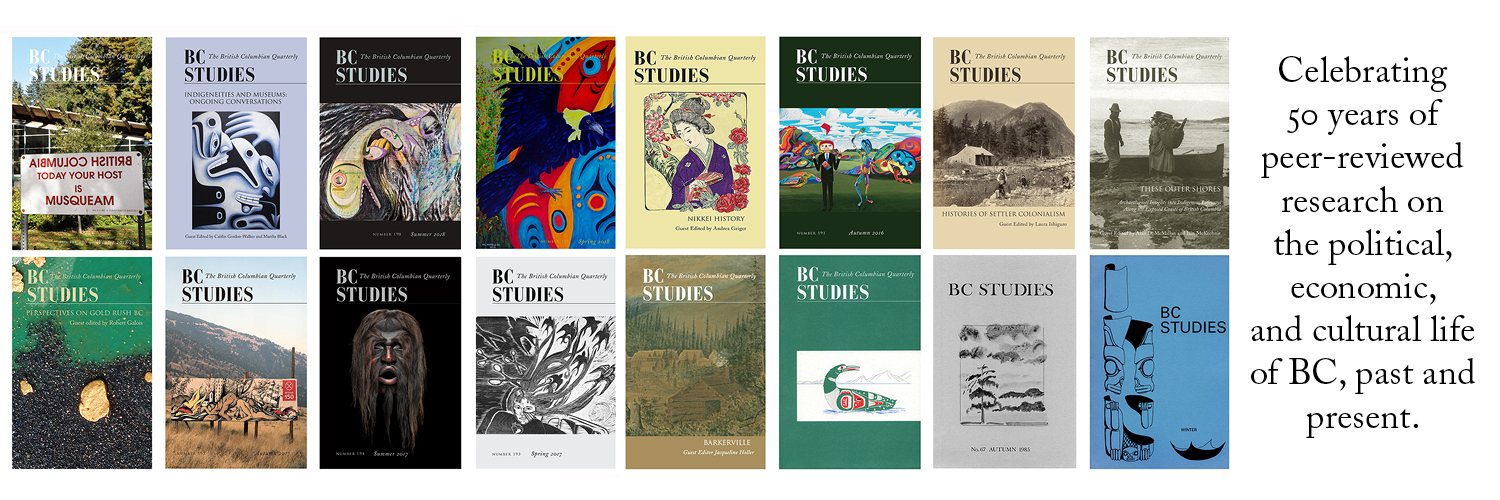Decolonization, Not Patriation: The Constitution Express at the Russell Tribunal
DOI:
https://doi.org/10.14288/bcs.no212.195315Keywords:
Constitution Express, Russell Tribunal, Constitution of Canada, aboriginal rightsAbstract
This article examines the international dimension of the Constitution Express, a 1980s Indigenous movement led by the Union of BC Indian Chiefs to oppose patriation of the Canadian Constitution from the UK. As an international movement for Indigenous jurisdiction, its efforts to challenge state sovereignty in international fora, and to expand the discussion of Indigenous Peoples' place in patriation from rights to nationhood, complicates the legacy of recognition that has often been applied to it since. This article demonstrates how the movement’s assertions of Indigenous nationhood at the international level belie the narrative of Canadian sovereignty at the heart of the patriation project. Through a layered dialogue between the authors, it focus particularly on what transpired at the first international venue before which the Constitution Express made such assertions: The Fourth Russell Tribunal on the Rights of the Indians of the Americas. Informed by anti-colonial movments of the Third World, the interventions of the Constitution Express at the Russell Tribunal pushed the conversation beyond protections for minority rights, into the realm of jurisdiction, self-determination, and decolonization – topics which other international fora, particularly the United Nations, had reserved for postcolonial states alone, and not Indigenous Peoples. In this, it sought to bring about the “Fourth World,” a world beyond the Three Worlds of the UN, where constitutions and confederations could be built free of imperial domination.



